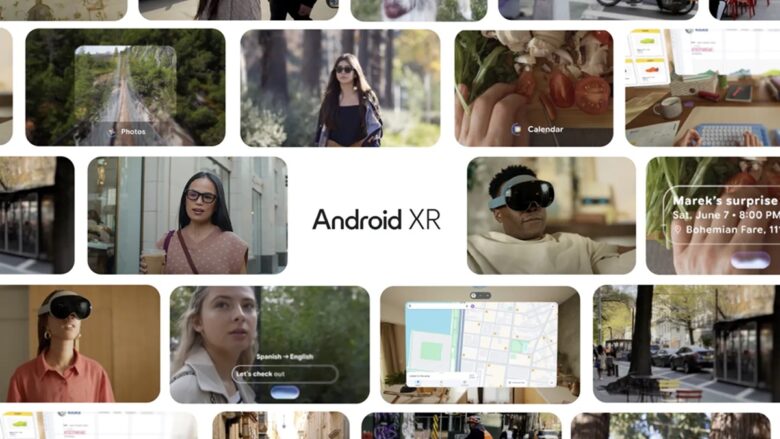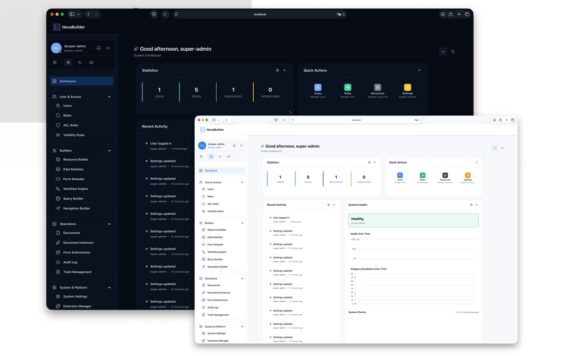Google has revealed the next phase of its AI evolution with the introduction of Android XR, a platform designed to power a new wave of immersive devices including headsets and smart glasses. Built for the Gemini era, Android XR integrates Google’s AI assistant directly into wearable technology, allowing users to interact hands-free with devices that understand their surroundings and respond in real time.
Android XR aims to redefine how users interact with technology by offering a perspective-aware AI assistant. With Gemini at its core, the assistant can see and hear through the devices, enabling contextually intelligent responses and proactive help. This innovation promises seamless integration of virtual and real-world experiences, starting with headsets like Samsung’s upcoming Project Moohan, which delivers immersive content on an infinite screen. Gemini enhances these experiences by interpreting what the user sees and offering relevant actions.
During the Google I/O keynote, the company also showcased Android XR smart glasses. Equipped with cameras, microphones, and speakers, the glasses sync with a user’s phone to provide access to apps and real-time information. An optional in-lens display delivers private updates and notifications. Demonstrations included live messaging, photo capture, appointment scheduling, and live language translation—effectively turning real-world conversations into subtitled experiences.
To make smart glasses more appealing for daily wear, Google announced collaborations with fashion-forward eyewear brands like Gentle Monster and Warby Parker, with more partners like Kering Eyewear expected in the future. In parallel, Google is expanding its partnership with Samsung to create a full-stack platform for Android XR glasses, including software and reference hardware. Developers will be able to start building for this ecosystem later this year, as Google pushes the boundaries of contextual AI and wearable technology.





